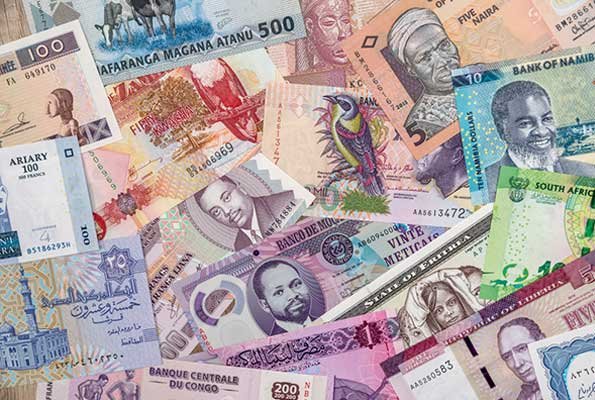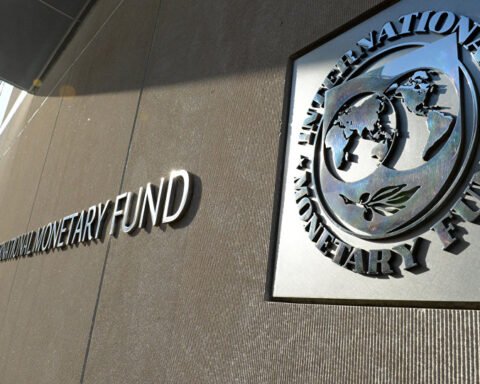The East African Community (EAC) has announced a postponement of its plans to introduce a single regional currency, shifting the target date from 2024 to 2031.
This decision follows challenges in meeting essential economic convergence criteria, including inflation rates, fiscal deficits, and foreign reserves.
The EAC’s Monetary Union Protocol signed in November 2013 laid the groundwork for a unified currency. However, the revised timeline reflects the need for further alignment of macroeconomic policies and financial regulations among partner states.
The establishment of the East African Monetary Institute (EAMI) is a critical step in this process, serving as a precursor to the East African Central Bank and overseeing the harmonization of monetary policies across the region.
In parallel, the EAC has introduced the Cross-Border Payment System Masterplan, aiming to modernize and integrate payment systems across member states.
Also Read; Barrick Mining Reaches 13-Year High After Nevada Gold Find
This initiative focuses on enhancing the efficiency, speed, and security of cross-border financial transactions, promoting the use of local currencies, and deepening financial markets and digital inclusion.
The masterplan is designed to facilitate smoother trade and investment flows, contributing to the region’s overall economic development.
Despite the extended timeline, the EAC remains committed to its vision of a unified economic bloc. The introduction of a single currency is expected to reduce transaction costs, eliminate exchange rate risks, and foster a more integrated regional market. Additionally, it will facilitate the free movement of goods, services, and people, contributing to the realization of the EAC’s goal of a political federation.







